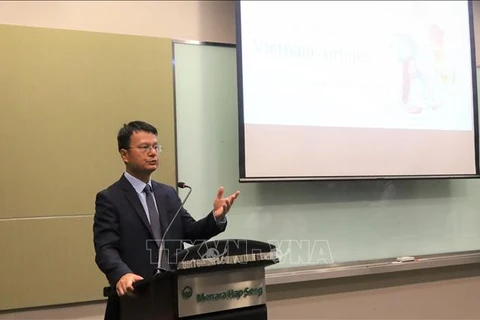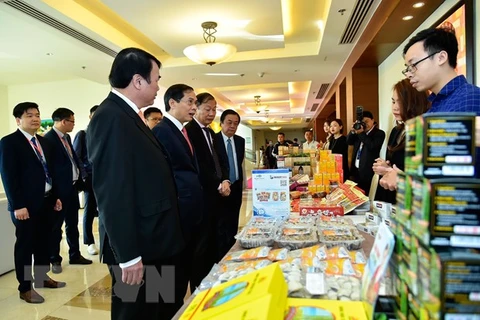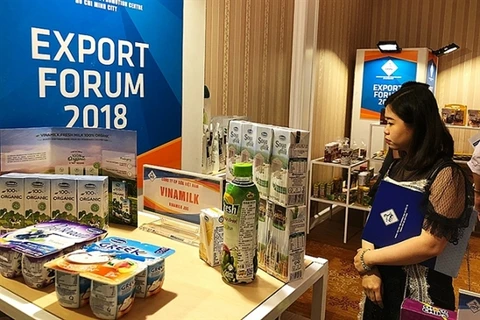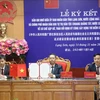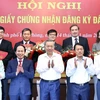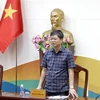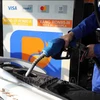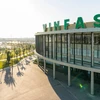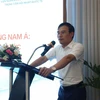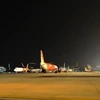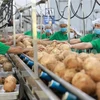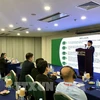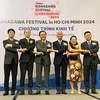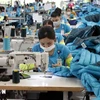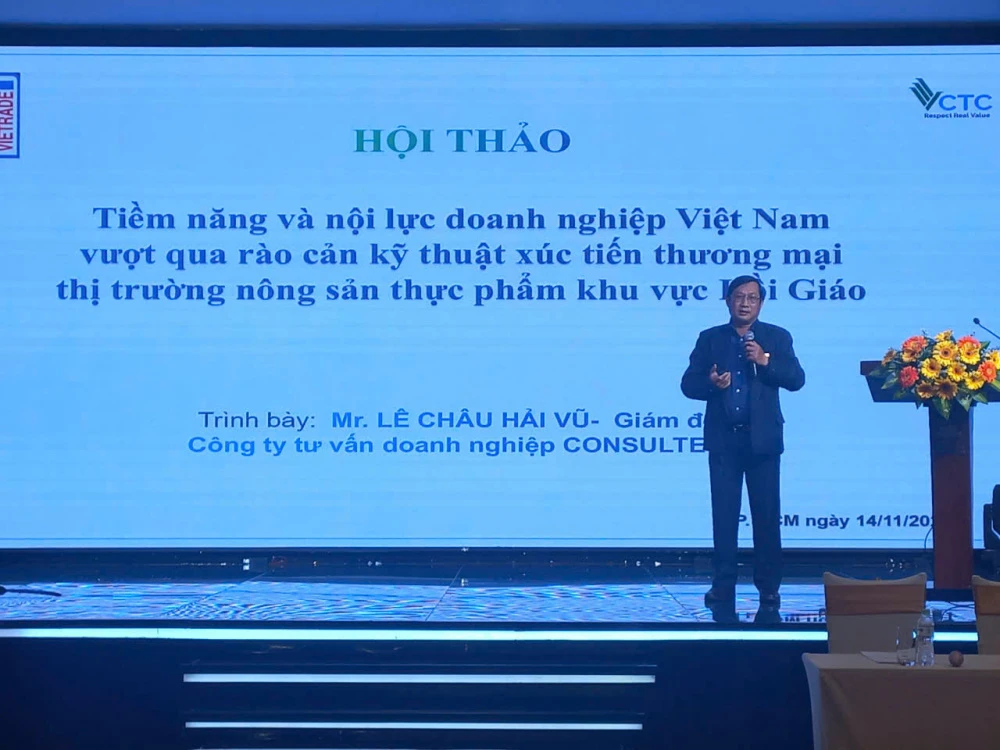
Ho Chi Minh City (VNA) – Vietnam holds significant potential to export Halal food products, ranking among the world’s top 20 and top 15 exporters of food and farm produce, respectively, heard a November 14 conference on promoting the country’s Halal trade.
Participating experts discussed the fact that the Muslim market now includes over 2 billion people, roughly 25% of the global population, with the majority concentrated in Asia, particularly within the ASEAN region. A report from the Food and Agriculture Organization of the United Nations (FAO) shows that the community’s spending on Halal food is steadily rising, projected to reach 1.9 trillion USD by 2024 and 15 trillion USD by 2050.
However, despite its global rankings, the Southeast Asian nation has yet to enter the list of the top 20–30 countries supplying Halal food worldwide and its Halal exports remain modest. This is partly due to challenges related to certification, production and export, such as high investment costs and limited understanding of cultural preferences and standards. The country has only one internationally recognised Halal certification organisation, namely the Halal Certification Agency (HCA) Vietnam.
Nguyen Thi Ngoc Hang, Marketing Manager of the HCA Vietnam, stressed that for Vietnamese products of this category to enter Muslim-majority markets, companies must select credible, internationally credited Halal certification bodies, such as the Department of Islamic Development Malaysia (Jakim), Indonesia’s Halal Product Assurance Organising Agency (BPJPH), and the UAE’s Ministry of Industry and Advanced Technology (MoIAT).
Nguyen Minh Phuong from the Ministry of Industry and Trade’s Asia-Africa Market Department pointed out that Vietnam faces competition from countries like Malaysia, Indonesia, and Thailand, which already have experience and established reputations in Halal exports. Additionally, Middle Eastern and African consumer cultures differ significantly from Vietnam’s, from product consumption styles and flavour preferences to packaging and advertising methods. Other logistical challenges include long transport times, high shipping costs, and uneven infrastructure across African nations, which complicates the maintenance of stable supply chains.
To address these issues, domestic enterprises are encouraged to utilise trade promotion activities, such as participating in international trade fairs and trade missions organised by the Government and local business associations. They should also analyse and assess risks before deciding to expanding into the Halal market.
In February 2023, the Prime Minister approved a national strategy to strengthen international cooperation and develop the Halal industry through 2030. This is Vietnam’s first comprehensive scheme for the sector, aiming to mobilise international resources and help Vietnamese enterprises to integrate more effectively into the global production and supply chain./.
